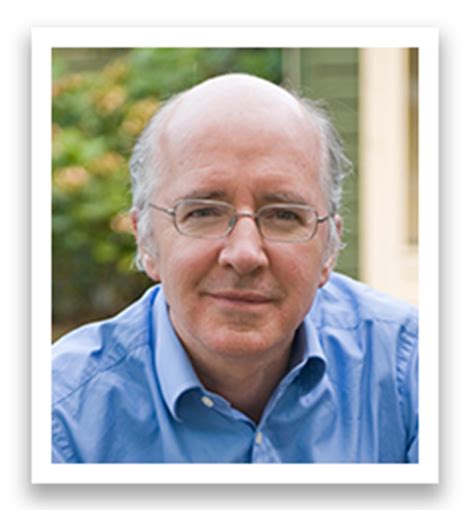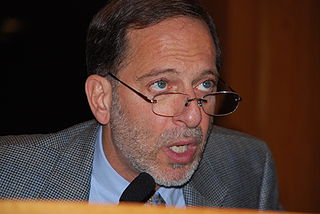A Quote by Serge Schmemann
The fall of the Berlin Wall is very much a sequel, a continuation of the story about Eastern Europe emerging from war and Communism. The notion of presenting history as a story also appealed to me very much, since that is the way I look at the events I cover as a reporter.
Related Quotes
Berlin is still a very edgy place, a very cosmopolitan place. It's a place where completely different ideas and cultures come together and clash in a very warm way. In a very warm-hearted way. It's a very young city. It's a vibrant city. It's an exciting city. It's a city that's also scarred by history. I think that's to be celebrated and graffiti is to be celebrated. Graffiti in Berlin is very different than when they spray something on the wall dividing the west bank and Israel. And should be treated as such in Berlin.
As one looks back, one sees that the fall of the Berlin Wall opened the door to three developments - the Eurozone, which was crafted around German unification, the free movement of peoples within Europe, particularly people from the new democracies of Eastern Europe, and, more broadly, it opened the door to globalization.
We always seem to be surprised by events, especially by catastrophes, but also by wonderful events. Look at 1990, the year that the Soviet Union collapsed and apartheid in South Africa collapsed and the Berlin Wall came down. I don't know anyone who foresaw those events. It seems to me that as a species we are constantly trying to adapt ourselves to the unexpected. In the meantime, we talk as if we are in control, and we're not. This seems to me to be the truth about the twentieth century.
He was a commander in the Russian army at a time when the Russians were our enemies and still part of the Soviet Union . This wasn't very long ago, Alex.The collapse of communism. It was only in 1989 that the Berlin Wall came down." She stopped. "I suppose none of this means very much to you." "Well, it wouldn't," Alex said. "I was only two years old.
My job is to cover the hell out of the story, very aggressively. The real place to be courageous if you're a news organization is where you put your people to cover the story. It's making sure that you have people going to Baghdad. It's making sure that you figure out how to cover the war in Afghanistan. While the journalist in me completely stands with them, the editor of the New York Times in me thinks my job is to figure out what the hell happened and cover the hell out of it, and that's more important than some symbolic drawing on the front page.
Much of the image of the amazingness of America comes from the movies into other cultures. And it's much the same thing when you reverse it. Much of Africa is presented through poverty, through drought and war. [But] you're not presenting people, you're not presenting countries, you're not presenting complexity, and so people can't care about an amorphous mass called Africa.
To me, when one is writing sometimes about a very specific subject with very specific people, I feel like if that story doesn't cross over, it's not working. That's very beautiful to me, to be sitting in Berlin and there's an actor reading my book in German. I don't even know what's going on, except I know to feel my own rhythms in another language and say, "If this is going well, I think everyone should laugh around now." Then maybe there's laughter, and for me, it reminds me of how story can move around the world.
President Bush Sr. and Secretary Baker, way back when, told Gorbachev, "We are not going to advance NATO into Eastern Europe. We're not going to - we're not going to advance NATO into East Germany, if you allow the unification of Germany." Where is that pledge? Where is the logic behind a military alliance, devised in the time of communism, before the Berlin Wall fell, now being in the Ukraine, in Poland, in Estonia, in Latvia and Lithuania? I don't understand.
Socialism is the gradual and less violent form of communism, and socialist is the project of the European Union, which was born in Maastricht in 1992. The intent was to save socialism in Europe after the fall of the Berlin Wall and the predictable bankruptcy of the welfare state in the West as well.

































